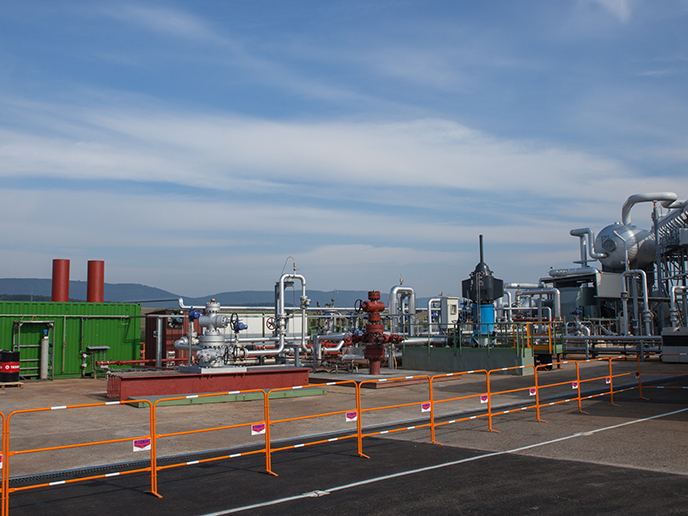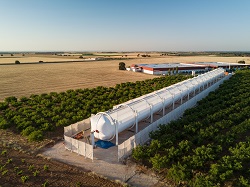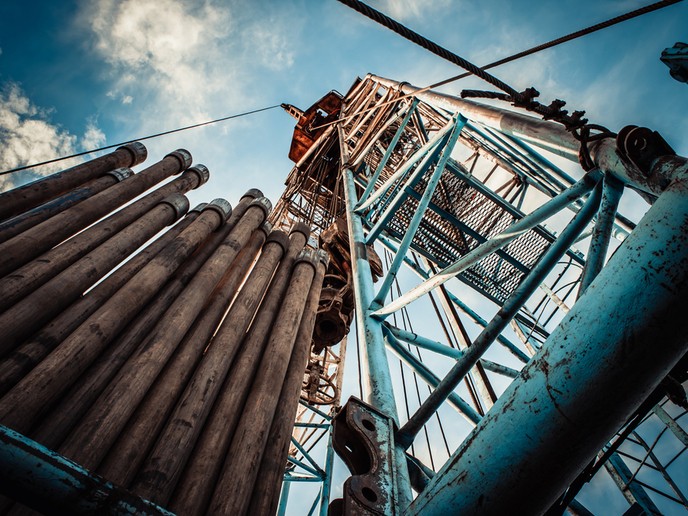Awakening the sleeping giant of geothermal energy
Geothermal energy is a renewable and untapped source of natural energy that comes from the Earth’s subsurface. Despite its many advantages, exploitation has not reached maximum potential. The main reasons are related to the risks and upfront costs associated with exploration and drilling for reservoirs.
Exploiting enhanced geothermal systems for unlimited power and heat generation
To address this challenge, the EU-funded MEET(opens in new window) project proposed to exploit deep reservoirs and enhanced geothermal systems(opens in new window) (EGSs) as a more cost-effective approach. EGSs are geothermal reservoirs made more available through hydraulic, chemical and/or thermal well stimulation. This reactivates natural fractures that are initially poorly permeable as viable reservoirs. The produced water is then used at the surface for power generation and/or heat application. “The mission of MEET was to demonstrate that it is feasible and financially viable to generate electric and thermal power from EGSs and deep reservoirs in different geological settings,” explains Albert Genter, project coordinator and deputy general manager at ÉS-Géothermie(opens in new window). Researchers explored the potential of sedimentary (oil fields), volcanic, granitic and metamorphic environments by taking advantage of various sites in Europe and other parts of the world.
Generating EGSs in different geological settings
The consortium was interested in testing mature or abandoned oil wells for their potential as geothermal reservoirs. Using existing oil wells whose production has peaked was shown to significantly reduce costs of new drilling for geothermal energy exploitation. Researchers also explored the possibility of using technologies based on organic compounds as a working fluid, a process known as the organic Rankine cycle(opens in new window). Implementation of this process at two sites in Iceland showed the potential to convert low-flow and/or low-temperature heat to power in volcanic environments. Fieldwork in the Ardennes in Belgium and in the Harz mountains in Germany allowed the characterisation of the permeability of the metamorphic basement and demonstrated its potential to serve as an EGS site. In EGS plants in granitic settings, the team demonstrated that lower temperature water reinjection could valorise up to 45 % of additional heat. In addition, innovative chemical treatment of granitic reservoirs in Cornwall in the United Kingdom is under development to improve production.
Tools to support deep geothermal energy projects
According to Genter: “There is still a lot of room for manoeuvre to exploit deep geothermal energy, by maximising the use of existing installations and by seeking resources in geological structures that are currently underexploited.” MEET generated a map viewer as a one-stop solution for future projects of deep geothermal exploration. In addition, the Decision Making Support Tool for Optimal Usage of Geothermal Energy(opens in new window) (DMS-TOUGE) was developed as an open-access stand-alone application to estimate different important economic indices for a defined geothermal scenario and provide multicriteria decision-making analysis. Currently, the main focus of the project is on promoting and disseminating results about the value of different geological structures in geothermal energy production. Activities include articles published in a special issue in the Geosciences(opens in new window) journal as well as various events(opens in new window) organised by the geothermal community. The consortium also established exploitation plans, including a market analysis and identified key actors who will help implement MEET results and move geothermal energy exploitation forward.







